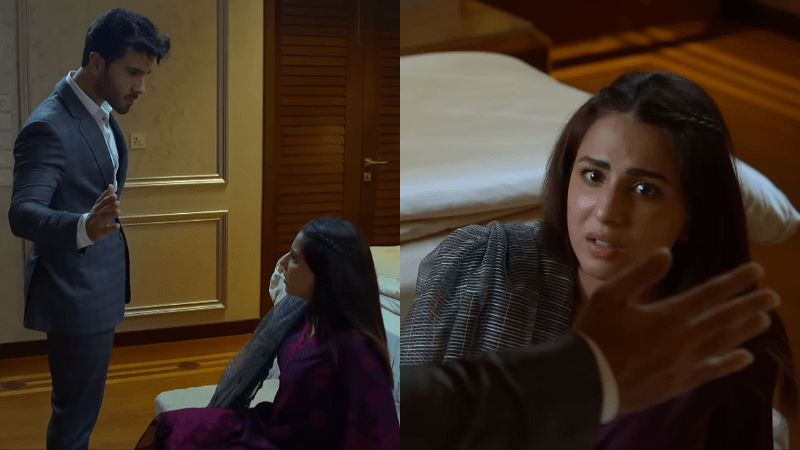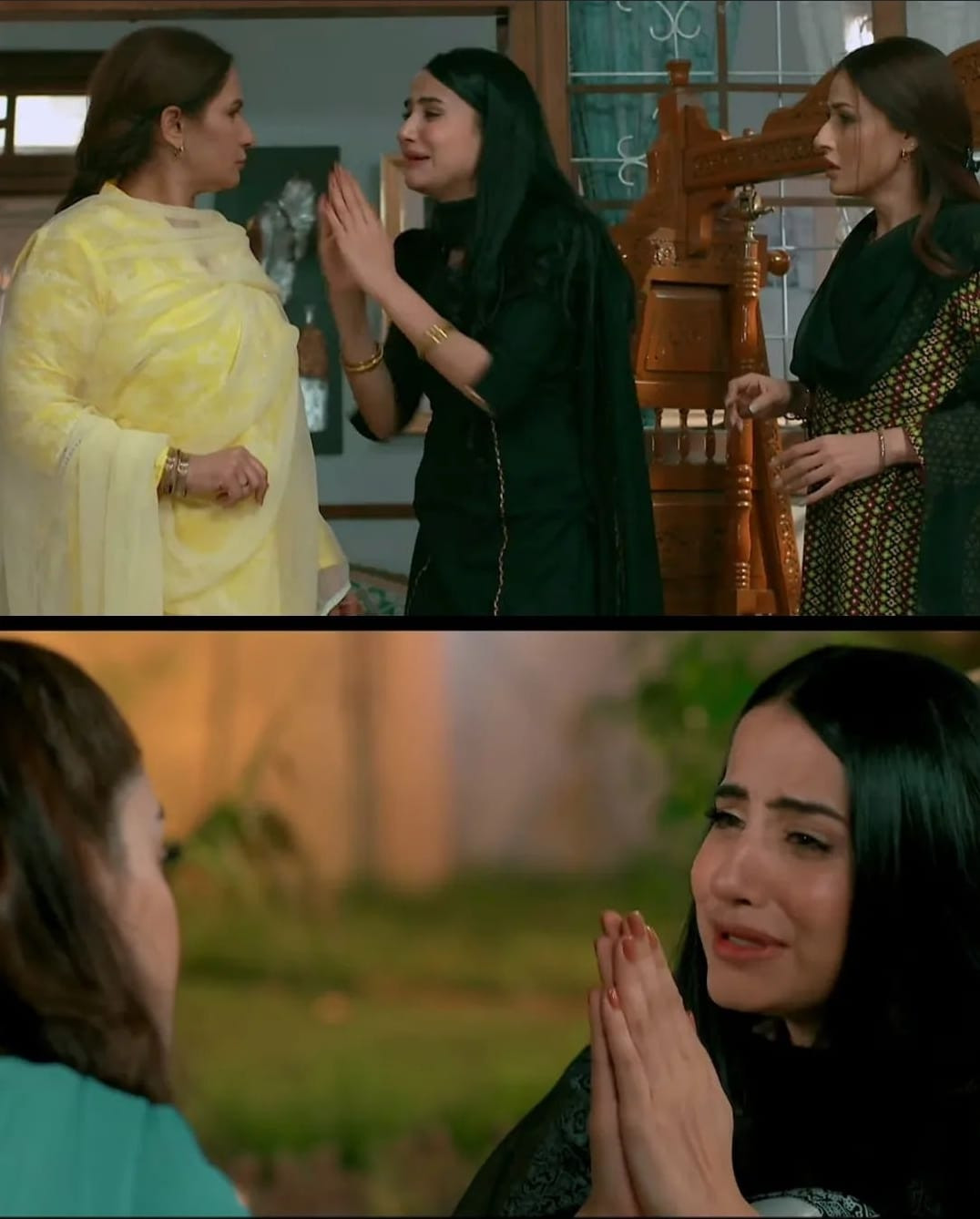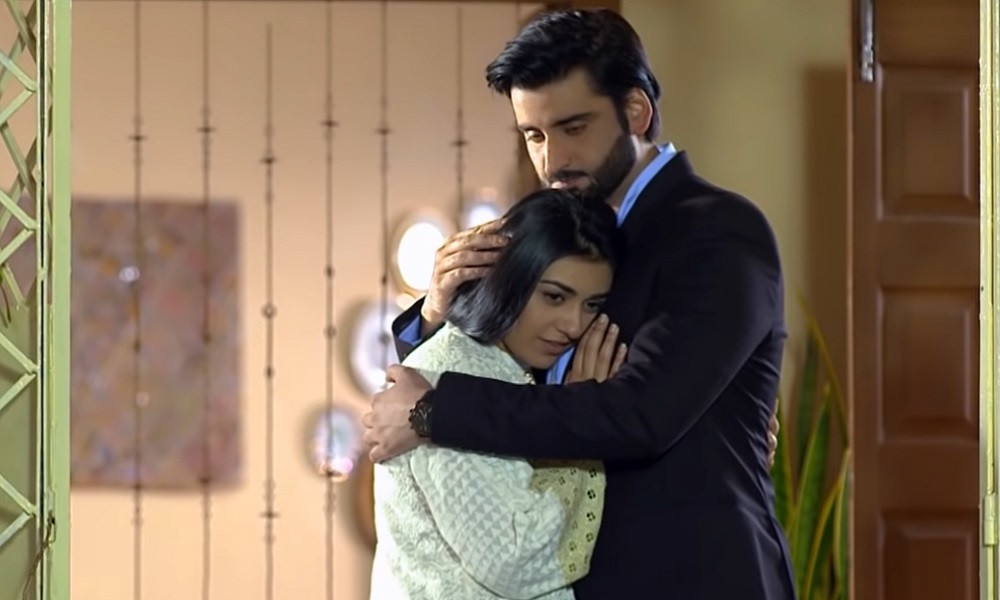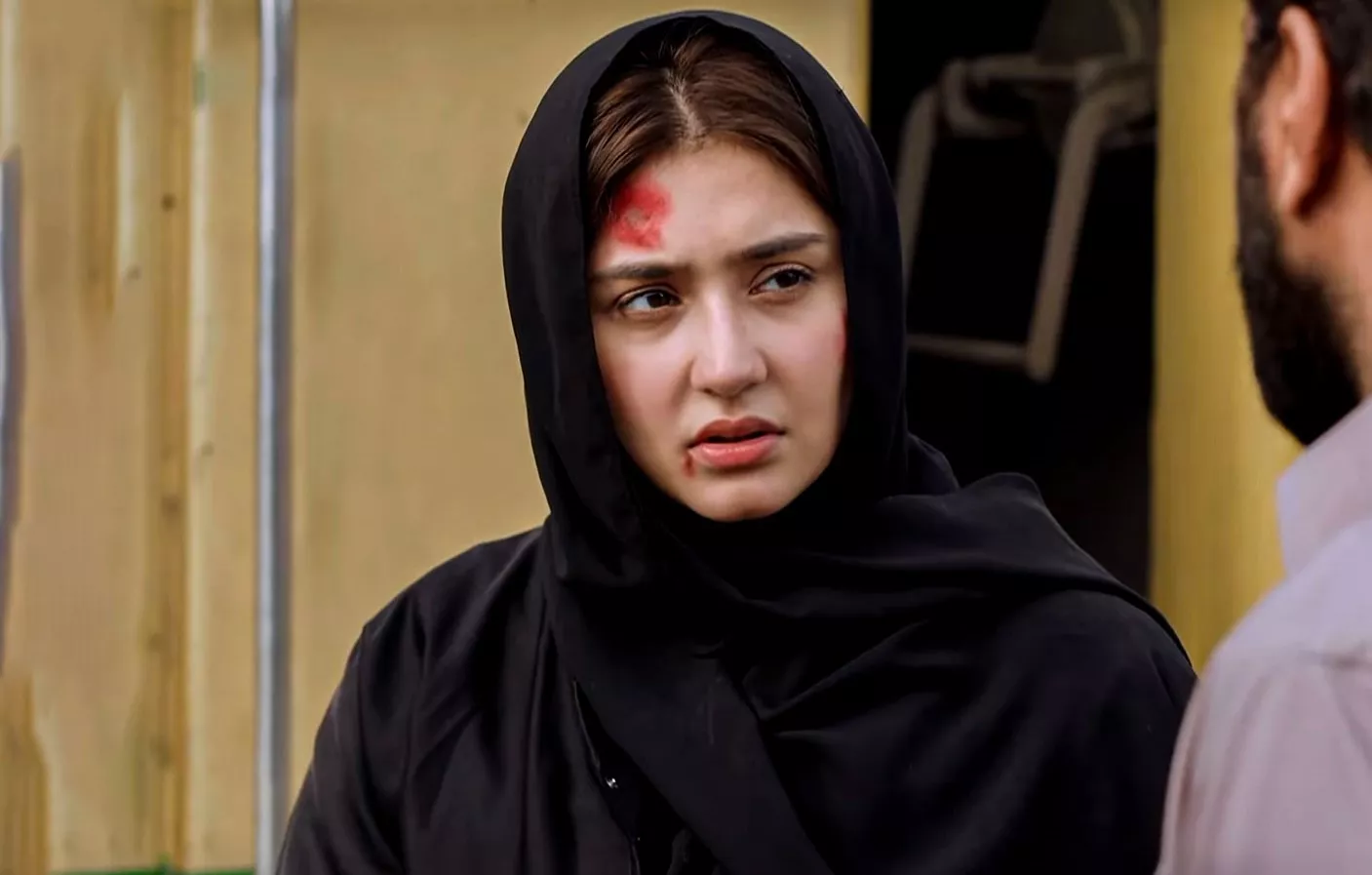From sinister saas to feeble bahu: Five things Pakistani TV dramas need to leave behind in 2022
Here’s to hoping that the new year brings with it, at least, the promise of a new vision for dramas
Oscar Wilde once argued that life imitates art far more than art imitates life but it seems to work differently for our local drama industry. A simple google search will tell you that approximately 70 TV dramas were released this year.
That’s a huge number for a huge population of TV viewers, that are usually divided into four different social categories, starting from the lowest collective household income and a single TV set to the highest collective household income and multiple TV sets. While this may instantly make you wonder about your position in the spectrum of viewership but a bigger question we need to ask ourselves is that where are these dramas disappearing?
If we have such a huge output of content, why can we barely remember only a handful of names? Yes, the star cast could be one of the reasons but another significant factor is how the Pakistani TV drama has started to thrive on a handful of tropes and ideas, and it is these tropes that have not only emboldened the formula but also halted creativity.
Here’s to hoping that the new year brings with it, at least the promise of a new vision for dramas and that the producers can silently and shamefully leave these five things in 2022.
1. Easy redemption for abusive men
If showing abusive husbands and father figures wasn’t enough, TV serials namely Kaisi Teri Khudgarzi, Habs, and Wehshi among others leave a spot for the bad guys by the end of the show. It is as if there are no consequences to the number of slaps or swears or yelling throughout the show, and one “honest” good act leads to their complete salvation.

On the other hand, if the female counterpart is selfish, arrogant, or greedy, there’s no exit for them. They don’t even get care when they survive harassment. For example. In Aietbaar, when Xarnish Khan survives a rape attempt, instead of showing her as someone in need of care, she has to defend herself in front of her husband throughout the show and indulge his fragile ego so he doesn’t feel hurt that someone else “touched” his wife.
This actually frames reality as black-and-white instead of painting it in greys. Such tropes reiterate that men, who abuse you in real life, are actually good people with a few bad days and that they can change with time if you keep bearing the torture.
2. Sinister saas, feeble bahu
A concept that is as old as me, if not more, the sinister saas and feeble bahu storylines have got to be the first to leave screens this year. Even if it did mirror society at some point, TV serials have repeated it so much that it has now become a stereotype, if not an expectation, of sorts.

It should not be surprising if your mother-in-law appreciates your love for your husband and the need for you to have space and feel welcomed in your new house. It should, however, be surprising if she likes to invade your privacy and have issues with you visiting your family or wanting to be an equal part of the family. And no, Hala (Hania Aamir) from Mere Humsafar, the daughter-in-law does not have to bear it all silently and cry all the time.
Women are shown to subtly encourage their friends to be a little intrusive or they’ll lose “authority” in the house – as depicted in Mere Damaad and Meray Humnasheen too. We’ve all heard these conversations, we’ve all been part of such conversations and now it’s time to bring a balance, if not let go of sinister saas and feeble bahus.
3. Misrepresentation
2022 opened with the star-studded show Sang-e-Mah but while people liked the Atif Aslam starrer, the show was called out for misrepresenting the Pashtun culture and language. The same happened later this year with Ahsan Khan’s Meray Humnasheen where people believed that the producers could’ve shot the same drama without showing naswar and guns in the hands of every Pashtun in the show.
1672644431-2/maxresdefault-(7)1672644431-2.jpg)
Producers should invest in research and coaching before casting actors who don’t hail from a particular race, community, or ethnicity. Similarly, after Joyland faced backlash for casting a trans actor and promoting the LGBTQ+ agenda, social media users identified how TV serials and films have always shown trans characters in comic roles — which has deadly consequences for the gender.
4. Cousin marriages
At this point, one should not even have to point this out but it seems our local showbiz is obsessed with disregarding science and awareness. There’s enough peer-reviewed research available to testify that cousin marriages are solely responsible for a number of genetically inherited diseases in children but our TV producers obviously tend to ignore that.
1672644431-0/WhatsApp-Image-2023-01-02-at-12-26-08-PM-(1)1672644431-0.jpeg)
The National Library of Medicine says cousin marriages have a potential for recessive disorders which cause a range of serious diseases and disabilities such as Primary Ciliary Dyskinesia (PCD), thalassemia and Tay- Sachs disease.
5. Infidelity
It is one thing to show how infidelity and adultery are very much a part of human relationships and in fact, a leading factor in destroying marriages and another to normalise it as an escape in relationships that “everyone needs once in a while.”
Dushman, Meray Hamnasheen, Wehem and Habs are a few of many such dramas that tip-toed around men having extra-marital affairs with jeans-wearing modern women, as their shalwar-kameez donning ‘nice’ wives continue to submit. Perhaps, the idea can be executed less frequently than it normally is, and cheating is not always with a modern woman who is ‘ruining’ someone’s family.
With that, there were also shows that were lauded and talked about for breaking stereotypes and challenging societal norms this year. From the Yumna Zaidi starrer Bakhtawar to Ramsha Khan’s light-hearted Hum Tum and Hadiqa Kiani’s Pinjra, we’re hoping to see more shows stand up for what should be right instead of what brings in the numbers.


COMMENTS
Comments are moderated and generally will be posted if they are on-topic and not abusive.
For more information, please see our Comments FAQ